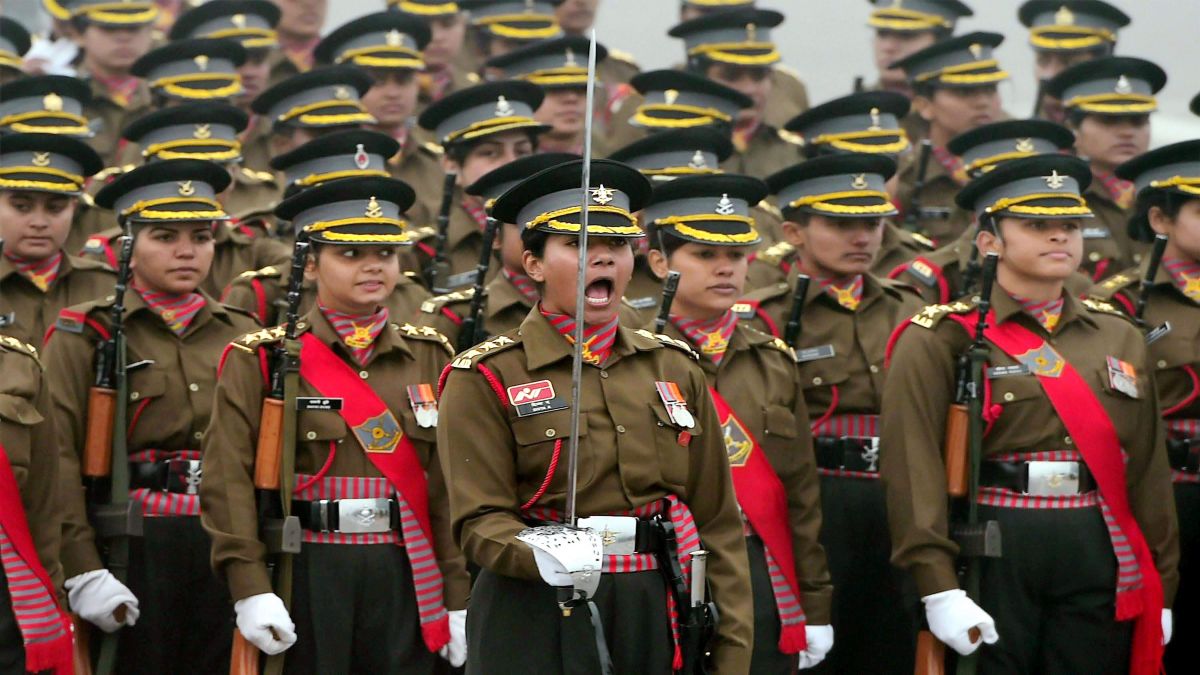) |
|
A recent internal communication within the Indian Army has ignited a heated debate regarding the performance and suitability of women officers in command roles. Lt. General Rajeev Puri, in a five-page letter, expressed significant concerns about the leadership capabilities of eight Colonel-rank women officers under his command. His critique focused on several key areas, including interpersonal relationships, communication styles, and a perceived lack of empathy towards subordinates. The letter, leaked to the media, has sparked outrage and counterarguments from various sources, highlighting deep-seated divisions within the military and broader societal attitudes towards gender roles in traditionally male-dominated fields.
The specific criticisms leveled by Lt. General Puri are multifaceted and far-reaching. He detailed instances of what he perceived as poor interpersonal relations, citing a tendency towards conflict through forceful means rather than collaborative resolution. He also highlighted an apparent lack of tact and understanding of the personal needs of personnel, leading to strained relationships within units. Furthermore, he accused some women officers of an 'uncontrolled urge to make derogatory statements' about juniors to gain credit, suggesting a lack of mentorship and team-building skills. The allegation of a 'misplaced sense of entitlement', exemplified by an incident where a woman officer demanded that a subordinate open her vehicle door, added further fuel to the controversy.
The general's observations extend beyond individual instances of perceived misconduct. He suggested a broader pattern of behavior among the women officers under review, noting an 'exaggerated tendency to complain' to senior commanders about their subordinates and a perceived 'my way or highway' approach to leadership. This, according to Lt. General Puri, fostered a climate of mistrust and hampered effective teamwork. He further speculated that this behavior might stem from a desire to 'prove oneself' in a traditionally male-dominated environment, leading to over-ambitiousness and a firmer approach to human resource issues than their male counterparts. Ultimately, he advocated for a shift from 'gender equality' to 'gender neutrality' in the Army's policies, emphasizing that equal opportunities should not necessarily translate to identical approaches to leadership.
The immediate reactions to Lt. General Puri's letter have been sharply divided. While some within the defense establishment maintain that the letter's intentions were to improve training and further integrate women into the force, suggesting that the concerns raised are part of an ongoing process of integrating women into leadership positions and that the feedback is intended to improve the training and integration process, others have strongly condemned it. Many women officers have expressed dismay, describing the letter as 'bitterly disappointing and smacking of blatant sexism', while critics on social media have accused Lt. General Puri of stereotyping and exhibiting a lack of intellectual capacity for failing to see the complexities of leadership in individuals rather than categorizing all women officers as one homogenous group. These critics argue that the leak was part of an agenda to discredit women officers and that it reflects the ingrained biases within the army's old boys' club.
The controversy surrounding Lt. General Puri's letter highlights the complexities of integrating women into historically male-dominated professions, particularly within organizations with rigid hierarchies and traditional structures like the military. The debate is not simply about gender equality but also about leadership styles, professional competence, and the potential for bias in assessment. The Supreme Court's 2020 decision granting permanent commissions to women officers signaled a significant step towards greater inclusivity in the Indian Army. However, Lt. General Puri's letter suggests that integrating women into leadership roles requires more than just legal recognition. It demands a fundamental shift in attitudes, training methods, and evaluation criteria to ensure fair and unbiased assessments of all officers, regardless of gender.
Moving forward, the Indian Army faces a critical juncture. Addressing the concerns raised by Lt. General Puri requires a nuanced approach that acknowledges both the need for improved leadership training and the potential for unconscious bias in evaluations. The focus should not be on whether women are suitable for combat roles, but on how to create a truly inclusive environment where both men and women can thrive as leaders. This requires comprehensive training programs that address interpersonal skills, communication strategies, and conflict resolution techniques for all officers, regardless of gender. Furthermore, it demands a critical review of existing evaluation criteria to eliminate potential gender biases and ensure fair and objective assessments of individual performance. The ongoing debate underscores the urgent need for a holistic approach that fosters a culture of mutual respect, effective teamwork, and inclusive leadership within the Indian Army.
Source: ‘Lack of empathy, entitlement’: Why review of women officers in Indian Army has raised eyebrows
